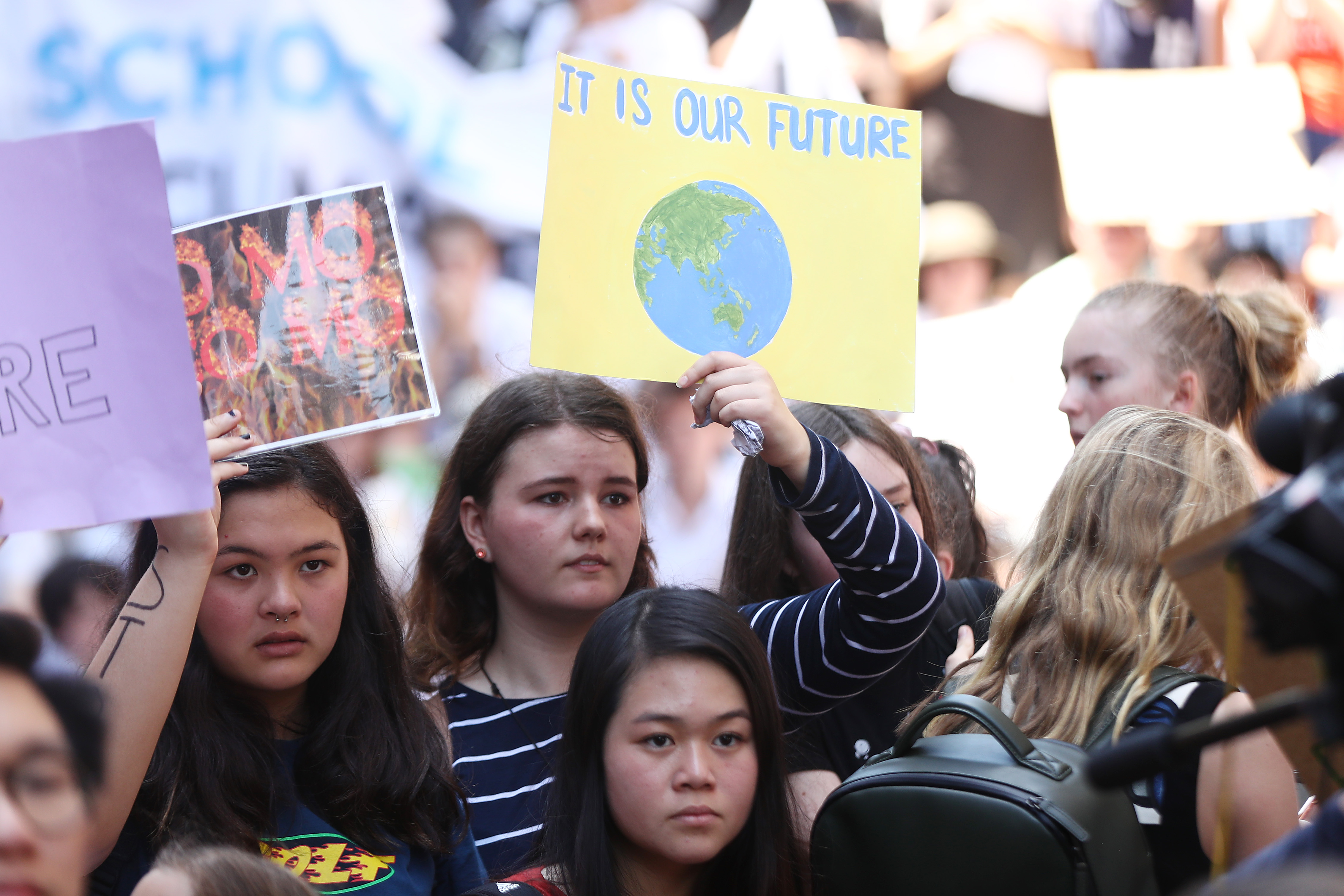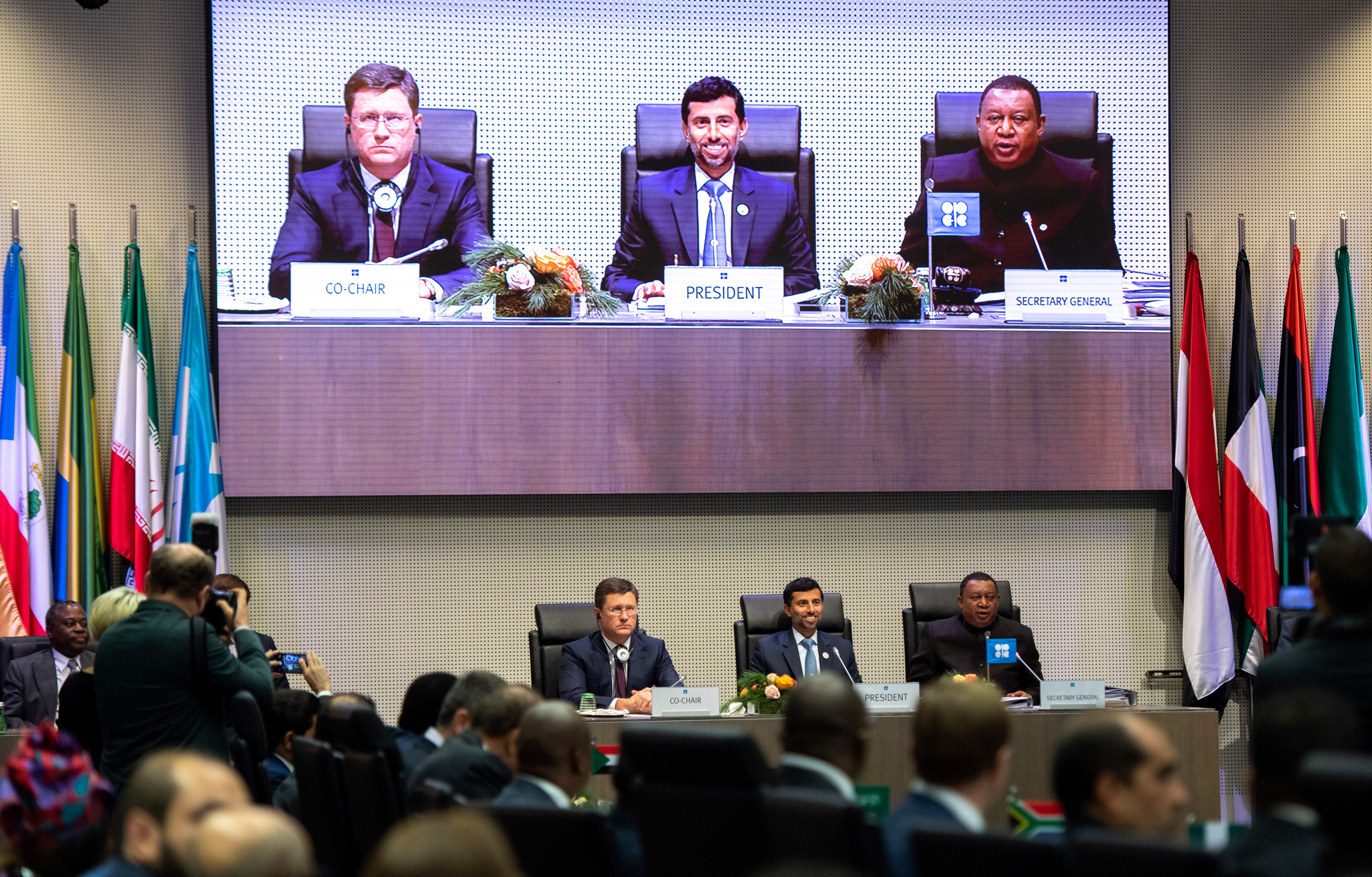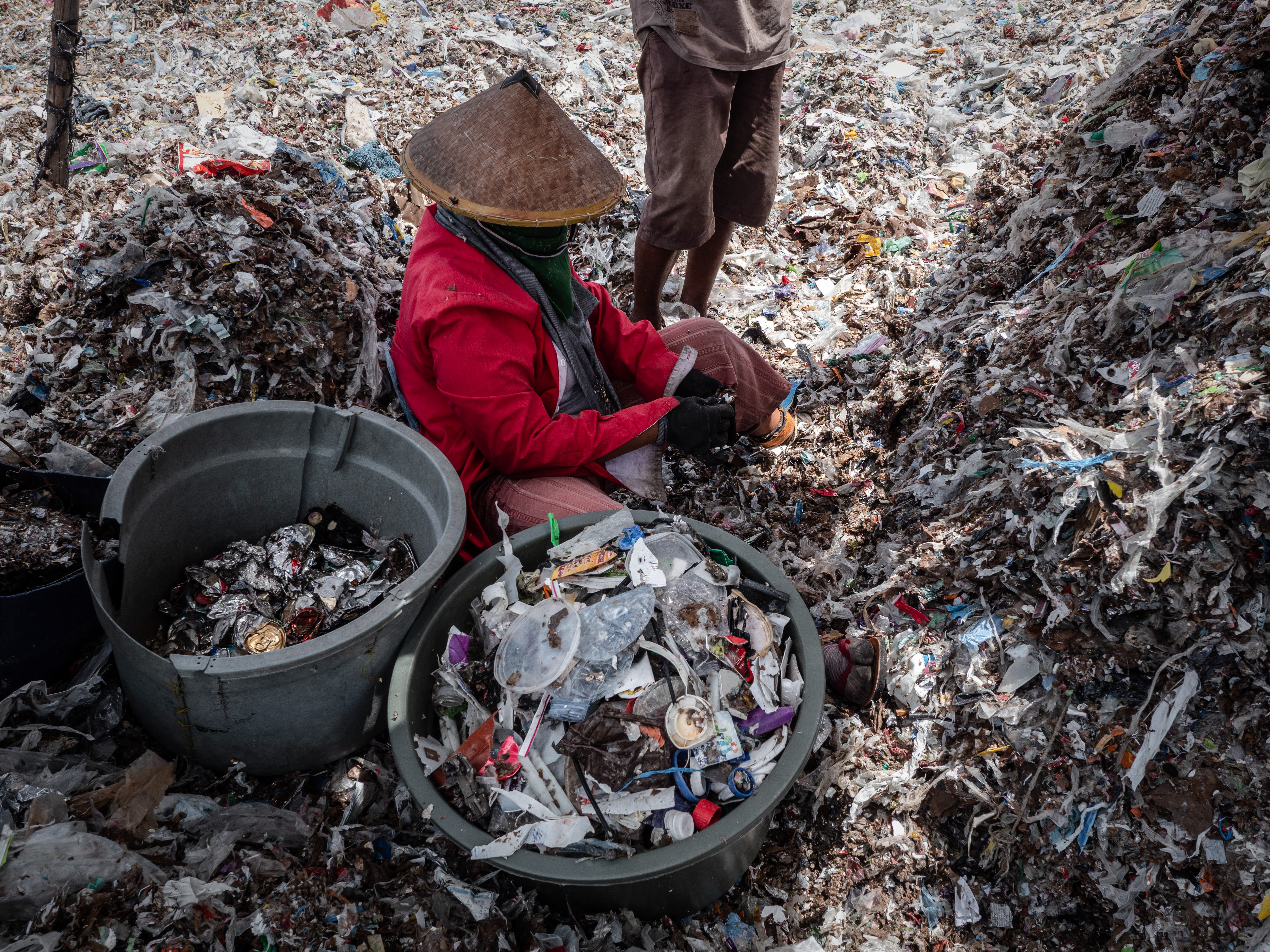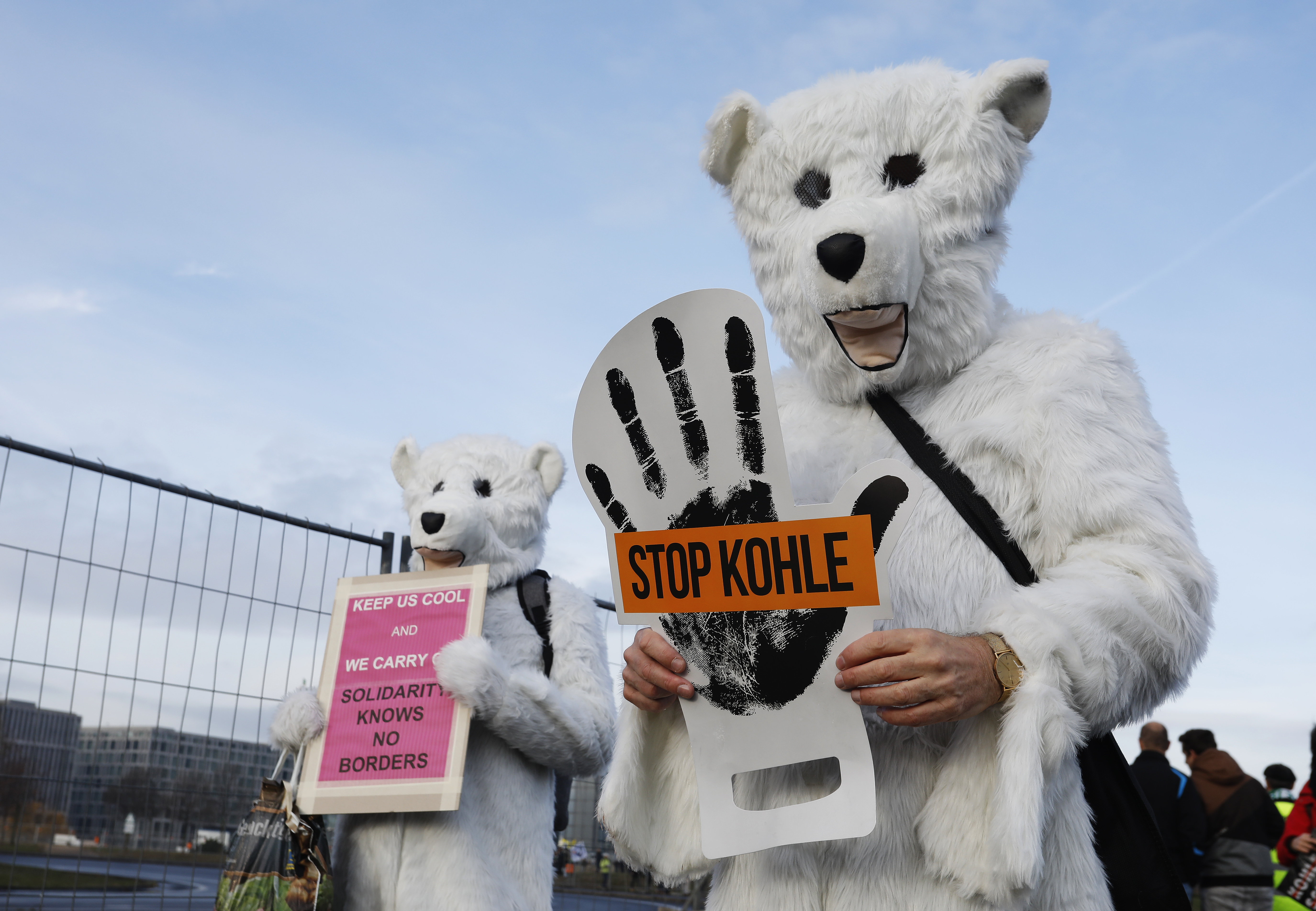This week in Katowice, Poland, the United Nations began its 24th annual climate conference, the Convention of the Parties. Three years ago, at the COP in Paris that produced the famous Paris Agreement, the nations decided that this year’s conference would involve writing a “rulebook” that would attempt to keep global warming below 2 degrees Celsius. (Pacific Standard staff writer Kate Wheeling is in Katowice tracking the conference’s progress and reporting on advancements in industries like shipping and aviation.)
Meanwhile, the Organization of Petroleum Exporting Countries is meeting in Vienna, Austria. The group, along with Russia, has agreed to reduce petroleum production in a bid to drive up prices, despite the displeasure of United States President Donald Trump. Oil prices have increased up to 5 percent in response.
And across the world, activists and young people are protesting and calling for action on climate change—in Australia, Germany, Poland, and elsewhere. A group of youth climate activists confronted COP24 directly, as Wheeling reported from Katowice:
“From environment defenders in Latin America to the Standing Rock Sioux in the U.S. to the anti-coal activists in the Philippines and right here in Poland, we’re here, we’re rising, we’re resisting, we’re fighting,” Khan [a member of youth-led non-profit SustainUS] said in her address to developed nations, “but where are you?”


(Photo: Sean Gallup/Getty Images)

(Photo: Mark Metcalfe/Getty Images)

(Photo: Joe Klamar/AFP/Getty Images)

(Photo: Ulet Ifansasti/Getty Images)

(Photo: Michele Tantussi/Getty Images)

(Photo: Michele Tantussi/Getty Images)
More on Climate Change From Pacific Standard
- Coverage of COP24 From Katowice, Poland
- The National Climate Assessment Has Grown More Certain—and More Grim
- Will the Juliana Case Ever Go to Trial?
- Climate Change Is Making It Harder for Forests to Recover From Wildfires
- The Trump Administration Plans to Let Coal Power Plants Emit More Carbon Dioxide
- The Edit #14: A Conversation About Climate Change and COP24





